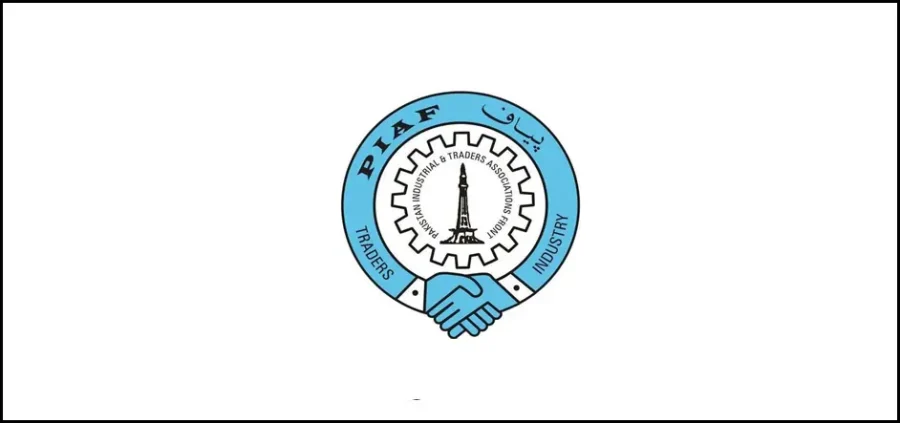Chairman Pakistan Industrial & Traders Associations Front (PIAF) Faheem ur Rehman Saigol has warned that the record inflation and high cost of doing business will continue to hurt economic growth, demanding a careful policy to keep it in control.
In a statement on Sunday, he said that the most serious threat to the economy in the current fiscal year would be inflation, as the government plan of approaching the donors for further financial assistance will bring a fresh wave of price-hike, because inflation was already hitting economy due to continuous raise in oil prices and depreciation of local currency.
Faheem ur Rehman Saigol predicted that inflation would remain high and may even increase further due to market frictions caused by relative demand and supply gap of essential items, exchange rate depreciation and recent upward adjustment of administered prices of petrol and diesel.
He called for keeping check on government expenditure and high cost of debt servicing to contain budget deficit, as the Pakistan’s federal budget deficit projection has been revised to history’s highest to over Rs 6 trillion, highlighting the unending fiscal woes that have pushed the country into a debt trap despite putting additional burden of billions of rupees on industry in the current fiscal year.
Expressing serious concern over the high jump in country’s budget deficit, the PIAF Chairman said the revision has been made in light of agreement with the International Monetary Fund, which exposed the massive underreporting of expenditures at the time of budget presentation by the Finance ministry.
This was a highly unsustainable level and has already pushed the country into a situation where debt restructuring seems to be the only viable option, he added.
Saigol maintained that the failure to reform the tax system and increase revenue collection was a major factor behind heavy domestic and foreign borrowings by the government.
In view of the low level of available FX reserves, the debt management strategy of Pakistan may have to be revisited, to ensure the stability of Pakistani rupee and restoration of international capital markets’ confidence in the economy of Pakistan. In the last fiscal year, Pakistan had registered a record federal budget deficit of Rs 5.5 trillion, breaching the annual target by a wide margin of Rs 1.5 trillion. The PIAF Chairman advised the government to avoid hard restructuring, which is painful.










